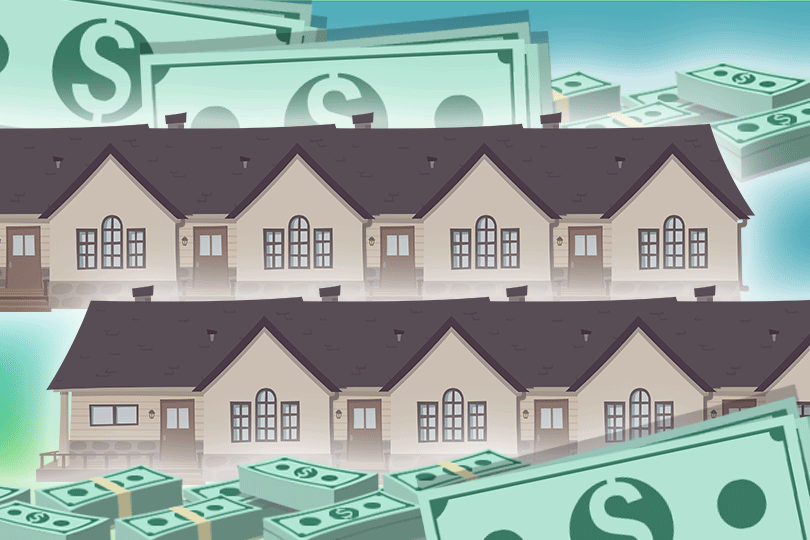FHA Refinance Versus Conventional Loan Refinance
November 20, 2024
While both provide avenues for refinancing, each loan type may be best for specific needs and financial circumstances. What are the differences between FHA and conventional refinance options?
FHA Refinancing: According to the Consumer Financial Protection Bureau, FHA loans are more accommodating regarding credit history. Although the minimum credit score requirement may vary among lenders, FHA loans may have lower FICO score numbers than certain competing conventional loans.
Conventional Refinancing: Conventional loans typically require credit scores in the mid-600s. Conventional refinancing might offer more for your needs if you possess a strong credit history and a stable financial profile.
Mortgage Insurance
FHA Refinancing: FHA loans typically require mortgage insurance regardless of the down payment amount. This includes an upfront MIP paid at closing and an annual MIP that may be incorporated into your monthly mortgage payment.
Conventional Refinancing: With conventional loans, mortgage insurance is usually required if you made a down payment of less than 20% when purchasing. If you refinance a traditional loan, you may not be required to pay for private mortgage insurance. Be sure to ask your lender about this option.
Appraisal Requirements
FHA Refinancing: FHA loans have specific appraisal requirements prioritizing the property's safety, security, and soundness. The appraiser must be FHA-approved and will conduct a comprehensive inspection to ensure the property meets HUD's minimum property standards.
Conventional Refinancing: While conventional loans also require an appraisal, the requirements are thought to be less demanding than those for FHA loans.
Streamline Refinancing
FHA Streamline Refinance: The FHA offers a streamlined option for existing FHA borrowers. This program often involves less documentation and faster processing times, making it worth considering for those seeking to lower their interest rate or adjust their loan term quickly.
Conventional Refinancing: Although conventional loans do not have a specific "streamline" program, lenders may offer expedited refinancing options for qualified borrowers.
Refinancing is a significant financial decision. Take the time to research your options thoroughly, compare offers, and seek professional advice if needed.

FHA Loan Articles
October 25, 2024Mixed-use properties combine residential and commercial spaces. Some borrowers applying for FHA home loans want to know if purchasing such a property using an FHA single-family home loan is possible. The FHA does allow the use of its loans for mixed-use properties, but certain conditions must be met.
October 24, 2024Buying your first home is a major milestone. If you use an FHA mortgage to buy your home, you’ll have two types of insurance to consider. One type is the FHA-required mortgage insurance premium, which is paid for 11 years or the loan's lifetime, depending on your down payment, loan term, and other variables.
October 22, 2024While the Federal Housing Administration sets rules for FHA loans, lenders retain some flexibility in determining interest rates, fees, and specific loan terms. Depending on circumstances, the FHA loan offered by your local bank might not be as competitive as one offered by a credit union or an online lender specializing in FHA products, or vice versa.
October 17, 2024Buying a home is one of the most significant investments Americans make. Understanding how to strengthen your credit profile and leverage the power of credit counseling is essential for successfully navigating the FHA loan process. What should you know about your credit to make the most of your home-buying journey?
March 13, 2024There are plenty of reasons to delay plans to refinance a home. One reason has made big headlines. When borrowers face higher interest rates than originally approved for, that is a good reason to wait to refinance.







